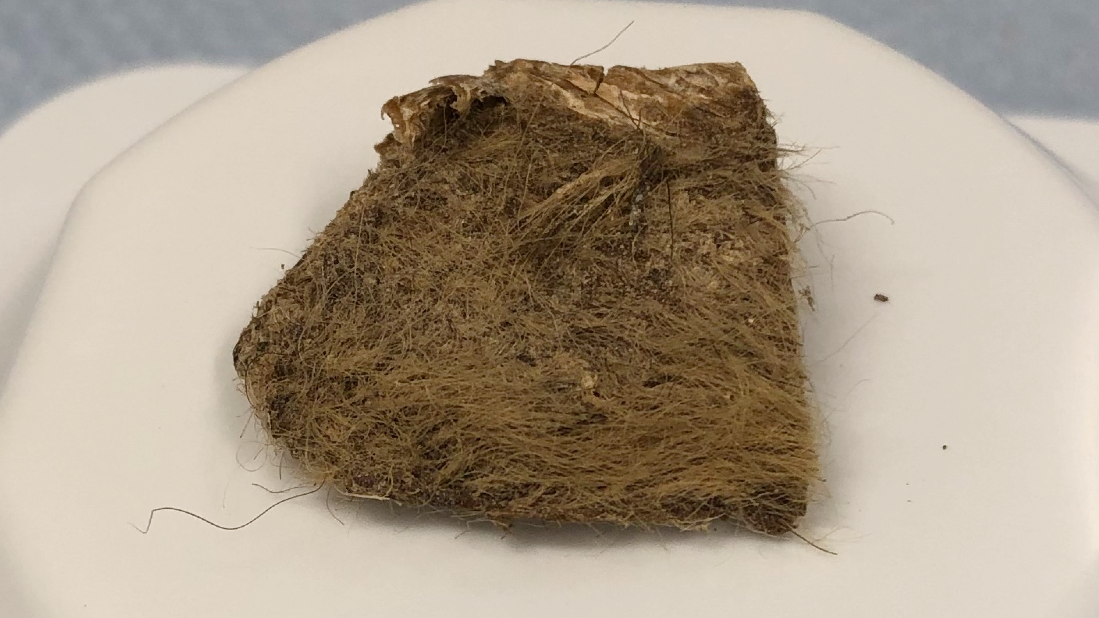22 of Earth's 34 'vital signs' are flashing red, new climate report reveals — but there's still time to act
NegativeScience

A new climate report reveals that 22 out of Earth's 34 vital signs are indicating alarming trends, suggesting that our planet is approaching critical tipping points that could lead to a hothouse state. This is concerning news, but scientists emphasize that there is still time to take action to avert this dire scenario. Understanding these vital signs is crucial as it highlights the urgency for global efforts to combat climate change and protect our environment.
— via World Pulse Now AI Editorial System






